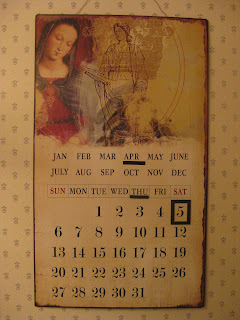What ever
happened to going barefoot? Of casting
aside the trusty soles the last day of school and not picking them up again for
3 months? I wasn’t alone. All of us kids did it. We rode bicycles barefoot, went to friend’s
houses barefoot, we “danced” across hot pavement barefoot. In fact, about anything we did was done
barefoot. Even going to town. No one would have even considered posting a “No
shoes, no service” sign in their window.
Of course,
along with the territory came stumped toes, bloody heels, and more splinter
removals than I care to remember. One
vivid memory along those lines is when I leaped smack dab into the middle of a small
patch of spurs and briars in my granddaddy’s yard. No help was around to lift me out, and to
this day, I can remember the painful steps I literally had to take. I also recall the afternoon my friend Cathy’s
mother told us to be careful with the hoe and not chop off our toes. I obviously didn’t listen too well… (It took weeks for that toenail to finally
come off.)
I guess the
only time I wasn’t allowed to go barefoot was on Sundays when I went to church
and then a week or so before my dance recitals.
My mother said she was concerned
I would stump a toe and not be able to dance.
I was 5 years old, for crying out loud!
I was NOT nor ever would be the Prima Dona of the stage!
And then we
got older and were not allowed to come to the dinner table in our bare
feet. Still haven’t figured that one out
as I’m not sure at what age that becomes taboo.
I’ve also
been fascinated of late to find out there are “barefoot forums” as well as a “Definitive
Guide to Going Barefoot.” There is even
a “Society for Barefoot Living” if you’re so inclined to join. Their motto: “Set your feet free and your
mind will follow.” I like that.
So why my
interest all of a sudden for going barefoot again? Maybe because I’m trying to learn to live in
the NOW, and going barefoot is a great place to start.
In his book A Listening Heart, Brother David
Steindl-rast writes, “To take off one’s shoes means being truly there, fully
alive. The shoes or sandals we take off
are made from the skin of dead animals.
As long as we wear them, there is something dead between the live soles
of our feet and the ground on which we are standing. To take off this deadness means taking off
that familiarity which breeds contempt and boredom: it means coming alive in
the primordial freshness to the place where we are.”
And so I’ve
begun taking off my shoes much more often, and you know what I’m learning? That any place can be sacred ground, a place of encounter with God’s
Presence. At first, it’s a specific place: like the
closet I cleaned out over the weekend or the kitchen mat where I stood and cooked
so many caramel icings last week. But
then the feel of my bare feet on the floor becomes a quick reminder to me that
I am standing on Holy ground as I encounter a God of order and simplicity; a
God who can so wonderfully convert the molecular make-up of sugar and milk; a God who teaches me to wake up to this place, the
timeless NOW of my life, and be present right where I am. And what I am finding is that when nothing
separates my feet from the ground, the stars are brighter, the grass is
greener, and worship is more real.
You may say
I’m crazy, but just think about it a moment.
Were you ever so free, so alive, so living in the moment as when you
were as a kid … and going barefoot?
Worship.
Just an
ordinary moment...



